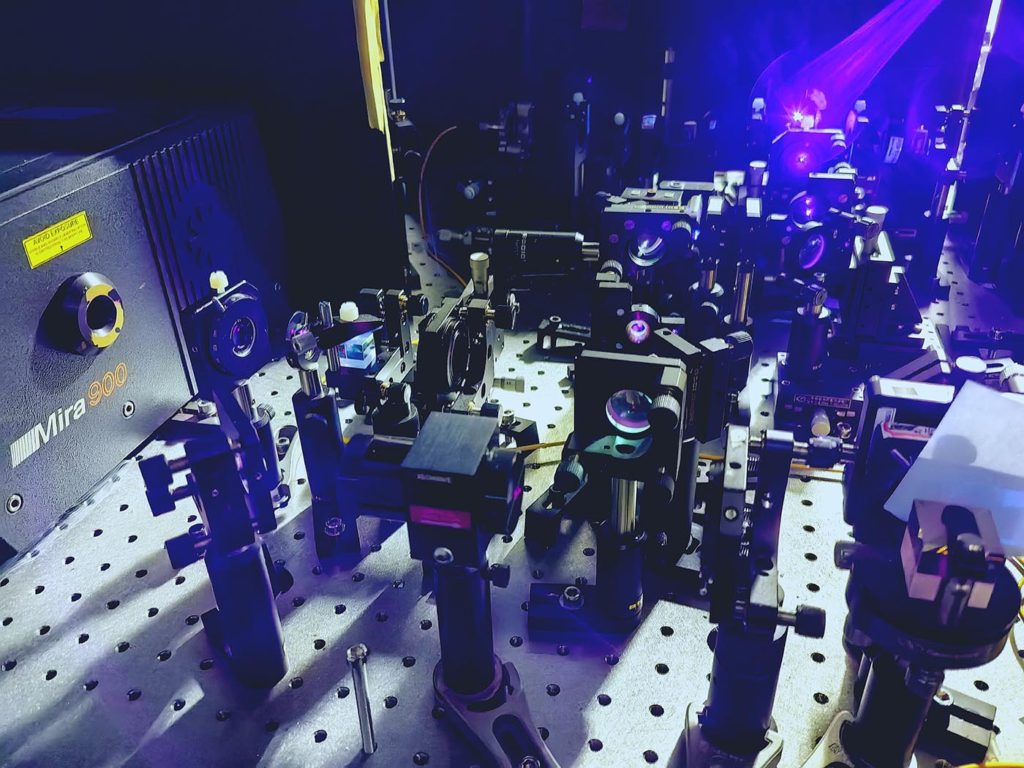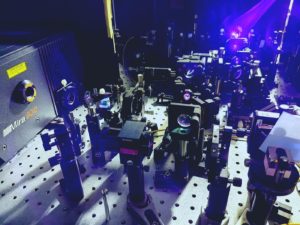Complex systems such as traffic patterns weather forecasts, and financial markets are ‘stochastic’ processes typically modelled by storing vast amounts of information about events in the past – which quickly consumes lots of memory. The downside of of this is not only resource cost. The more things a model tracks, the harder it is to train, as there are more parameters to optimise. In contrast, models with fewer parameters tend to generalise better and require less training data. Classically, this has motivated many different techniques for model
Here, we identified a family of complex processes that become progressively non-Markovian - such that modelling the present accurately requires looking ever further into the past. Classical models thus need to store progressively more information. In contrast, we designed quantum models that can be simulated with only a single qubit of memory – the basic unit of quantum information – however much past information is tracked. In collaboration with researchers at USTC implemented the model on a photonic quantum computer using a single photon as a qubit. The experimental accuracy achieved is orders of magnitude lowered than what is classically possible.
- Implementing quantum dimensionality reduction for non-Markovian stochastic simulation
Kang-Da Wu, Chengran Yang, Ren-Dong He, Mile Gu, Guo-Yong Xiang, Chuan-Feng Li, Guang-Can Guo & Thomas J. Elliott Nat Commun 14, 2624





